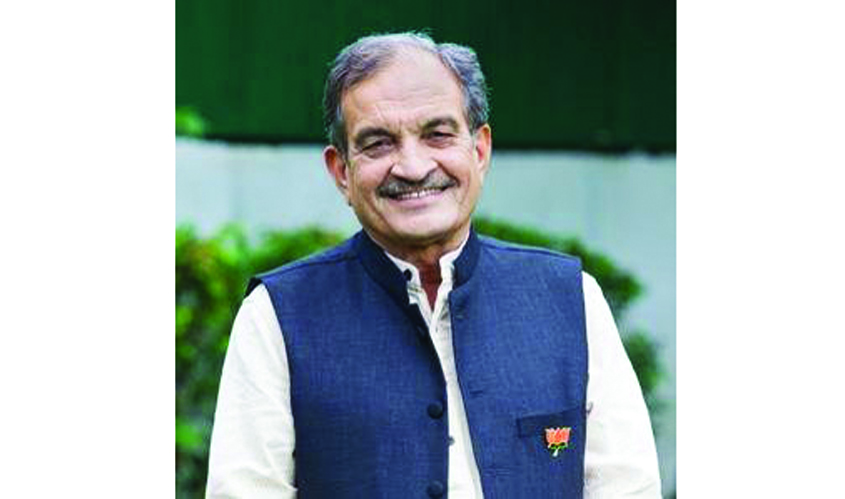India became the third largest producer of steel in 2015 and is now well on track to emerge as the second largest producer after China. At present, Japan is the second largest producer. There is significant potential for growth given the per capita steel consumption of 61 kg in India, compared to the world average of 208 kg. It is estimated that an investment of Rs 10 lakh crore would be required to achieve the 300 MT target.
The Ministry is in the process of seeking feedback on the policy from all the stakeholders and the public for which the last date is 23 January.
The draft policy recognises limited availability of metallurgical coal as a disadvantage for the steel sector. Due to shortage of domestic coking coal, pig iron producers in India have to significantly depend on import of coking coal. In this backdrop, the draft policy aims at achieving increased domestic availability of washed coking coal to reduce import dependence on coking coal by 50% by 2030-31.
The draft policy aims at increasing the per capita steel consumption to 160 kg by 2030-31 and encouraging the industry to be a world leader on energy and raw material efficient steel production, in a safe and sustainable manner.
In 2015, India was the only large economy in the world where steel demand showed a positive growth of 5.3%, compared to negative growth in China (- 5.4%) and Japan (-7%). Domestic production of steel increased by 10.5% in the April-December 2016 period, compared to the corresponding period last year.
According to a source, talks are going on with different ministries for introduction of a policy to make it mandatory to use Indian made steel for infrastructure and construction projects of the government. “The Ministry is also exploring new avenues for usage of steel like steel bridges, containers, water tanks etc. Besides, many steps have been taken by the Centre to provide a level playing field to Indian steel producers. The government has also curbed unfair trade practices and dumping by other countries. As a result, imports have come down substantially,” he said.

